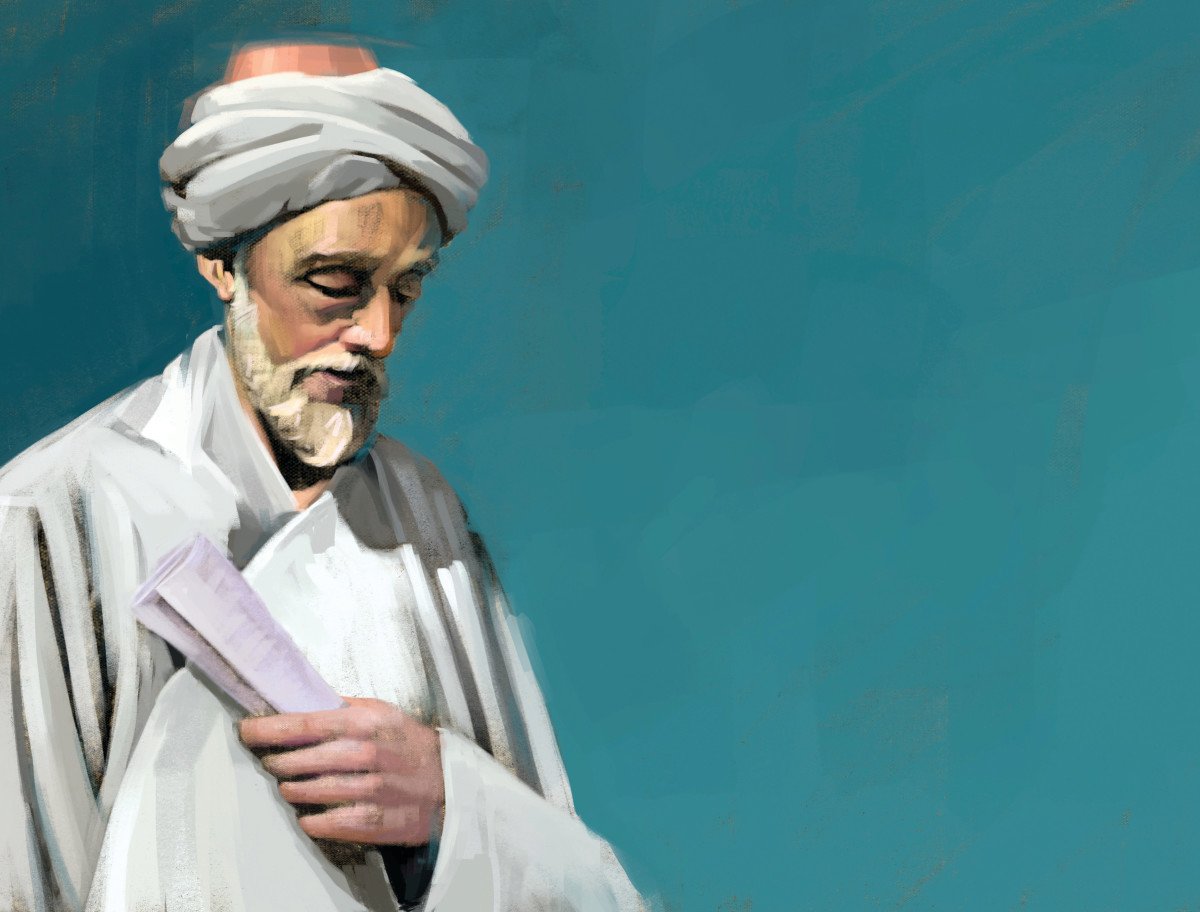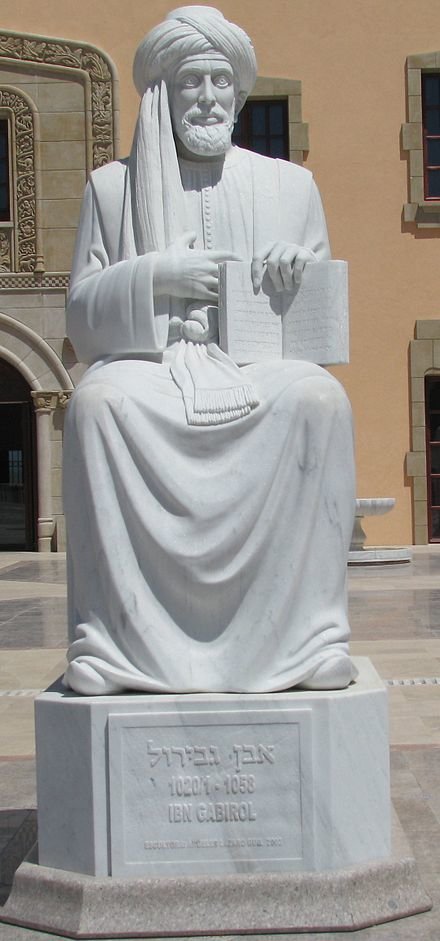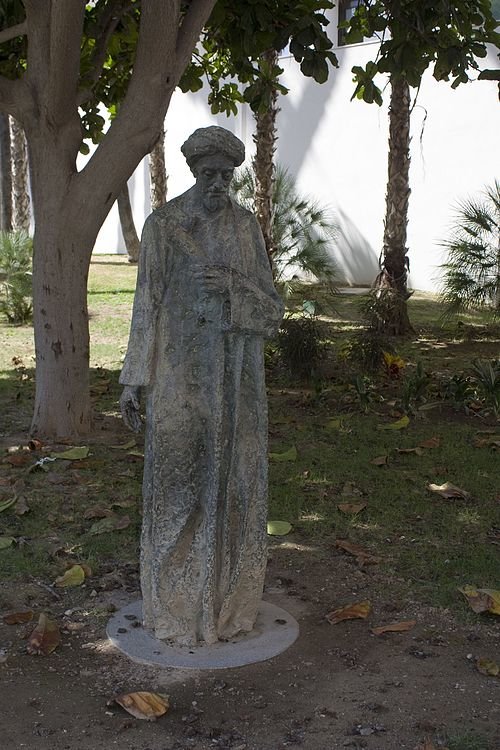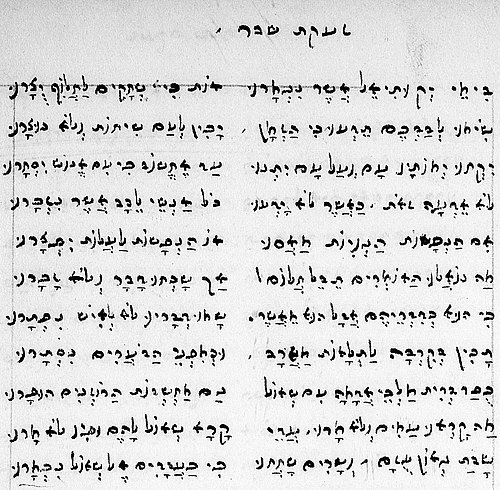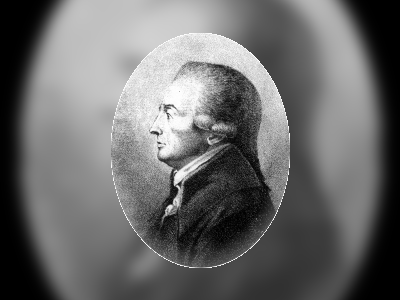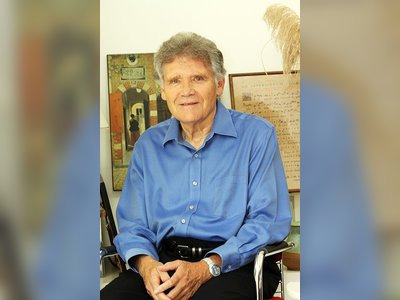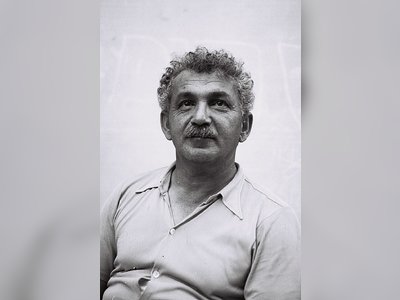מורשת גדולי האומה
בזכותם קיים
beta
Solomon Ibn Gabirol: A Journey Through the Golden Age of Spanish Jewish Poetry and Philosophy
Solomon ben Judah Ibn Gabirol (1021–1058) was a prominent Jewish poet and philosopher during the Golden Age of Sephardic Jewry. He stands out as one of the greatest poets in Hebrew literature throughout the generations. His profound, rich, intricate, and highly intellectual writing style is characterized by its uniqueness and profound depth.
Biography
Solomon Ibn Gabirol was born in Malaga, a city in southern Spain. His father was likely a political figure in Cordoba, but due to the upheavals caused by the wars of the time in 1013, which led to the expulsion of Jews from the city, he had to relocate to Malaga before Ibn Gabirol's birth. Ibn Gabirol's parents passed away when he was young, leaving him orphaned.
During the Golden Age of Islamic Spain, there was a flourishing Jewish community that supported various artists, including poets. Ibn Gabirol's patron was Yekutiel Ibn Hasan, who took care of his needs, and the two had a mutual respect. During this period, Ibn Gabirol lived in Saragossa, where he was known as "the poet of Saragossa" due to his extensive artistic activities while residing in the city. Upon his patron's death, Ibn Gabirol composed three elegies in his memory, with "In the Days of Yekutiel that Have Ended" being the longest and most notable among them. It was written to be recited in public on the anniversary of Yekutiel's death in 1040.
A few years after his patron's assassination when he was just 25 years old, Ibn Gabirol was forced to leave Saragossa. In 1045, he moved to Granada, where Samuel Ha-Nagid, the vizier, provided him with patronage. However, their relationship deteriorated over time, as reflected in some of Ibn Gabirol's poems. Subsequently, Ibn Gabirol moved between various cities.
Throughout his life, Ibn Gabirol suffered from various illnesses, primarily a severe skin disease, possibly leprosy. Many of his poems reflect the suffering he endured. For example, in his poem "Great Are My Pains," he declared, "Great are my pains and my human afflictions; my strength has withered, and my bones are feeble. There is no escape, no refuge for my soul, and there is no place where I may find solace." Ibn Gabirol passed away in Valencia. There is some discrepancy regarding the year of his death. According to legend, possibly fictional, a Turkish or Arab individual who envied his talents murdered him in Spain and buried him under a fig tree. When the fig tree bore fruit prematurely, revealing his body, the murderer confessed to his crime and was executed by the king.
His Works
Ibn Gabirol's body of work encompasses a wide range of subjects, showcasing his genius in the Hebrew language, intellectual originality, and remarkable ability to convey personal emotions within the intricate framework of his contemporary poetic style. Like other Spanish poets of his time, his poetry includes secular themes, such as wine, love, nature, and more, alongside sacred poetry that delves into philosophical and spiritual topics, such as his renowned work "Keter Malkhut" (The Crown of Kingship).
Ibn Gabirol was not modest when it came to his own abilities, often writing about his wisdom and sometimes even comparing himself to his contemporaries. He wrote, "Here I am, sixteen years old, and my heart is the heart of an eighty-year-old sage," and "Among all the fools and idiots, his heart is like that of a clever dog, the son of eighty."
His works in both secular and sacred poetry are numerous, with one of the most well-known being the elegy "Shomron Kol Titn," recited on Tisha B'Av, and "Sha'ah Neser VeGam Nimsar," recited in the Selichot for the Seventeenth of Tammuz. He also composed a piyut (liturgical poem) for Shabbat Chanukah called "Zaytim Yekarim."
Another of his attributed works is "The Improvement of the Moral Qualities of the Soul," which describes good and bad character traits and was originally written in Arabic.
Another book attributed to Ibn Gabirol is "Mevo ha-Moreh," a discussion of ethics and the intellectual virtues, which suggests a Neoplatonic metaphysical perspective. He writes about the division between matter and form and, in certain sections, criticizes Aristotle. According to this book, everything in creation shares a common matter, and form differentiates them. Even intellectual beings have matter and form. The will is the intermediary between the Creator and the created.
Legacy and Commemoration
Solomon Ibn Gabirol's influence extends well beyond his time, leaving an indelible mark on literature, philosophy, and music. He has been celebrated and commemorated in various ways:
1. Literature: His poetry and writings have inspired numerous authors and poets. For instance, Meir Ariel's song "Terminally Luminous" from 1978 draws on Ibn Gabirol's work, particularly "Militzi B'dagati Hadoofa."
2. Music: In 2009, Israeli musicians Barry Sacharoff and Ra'a Mook produced a full album of Ibn Gabirol's songs titled "Ibn Gabirol, Adomei HaSfatot." Additionally, in the same year, an album titled "Elmaleh-Larose-Shtarit" was released, featuring songs by Ibn Gabirol, Michah Shitrit, and Lior Elmaliach, which included poems by the poet.
3. Classical Music: American Grammy-winning composer Aaron Jay Kernis released an album in 2009 titled "Symphony of Meditations," heavily influenced by Ibn Gabirol's poetry and set exclusively to his lyrics.
4. Books: Numerous books and scholarly works have been dedicated to studying Ibn Gabirol's life and writings, illuminating the depths of his contributions to philosophy and poetry.
5. Honors: Several streets and institutions around the world bear his name, including Kfar Gabirol in Tel Aviv, and Ibn Gabirol Street in Tel Aviv, among others.
Solomon Ibn Gabirol's profound impact on literature, philosophy, and culture continues to be celebrated and studied to this day. His enduring legacy as a poet and philosopher of the Golden Age of Sephardic Jewry reminds us of the intellectual richness of that era.
Solomon Ibn Gabirol was born in Malaga, a city in southern Spain. His father was likely a political figure in Cordoba, but due to the upheavals caused by the wars of the time in 1013, which led to the expulsion of Jews from the city, he had to relocate to Malaga before Ibn Gabirol's birth. Ibn Gabirol's parents passed away when he was young, leaving him orphaned.
During the Golden Age of Islamic Spain, there was a flourishing Jewish community that supported various artists, including poets. Ibn Gabirol's patron was Yekutiel Ibn Hasan, who took care of his needs, and the two had a mutual respect. During this period, Ibn Gabirol lived in Saragossa, where he was known as "the poet of Saragossa" due to his extensive artistic activities while residing in the city. Upon his patron's death, Ibn Gabirol composed three elegies in his memory, with "In the Days of Yekutiel that Have Ended" being the longest and most notable among them. It was written to be recited in public on the anniversary of Yekutiel's death in 1040.
A few years after his patron's assassination when he was just 25 years old, Ibn Gabirol was forced to leave Saragossa. In 1045, he moved to Granada, where Samuel Ha-Nagid, the vizier, provided him with patronage. However, their relationship deteriorated over time, as reflected in some of Ibn Gabirol's poems. Subsequently, Ibn Gabirol moved between various cities.
Throughout his life, Ibn Gabirol suffered from various illnesses, primarily a severe skin disease, possibly leprosy. Many of his poems reflect the suffering he endured. For example, in his poem "Great Are My Pains," he declared, "Great are my pains and my human afflictions; my strength has withered, and my bones are feeble. There is no escape, no refuge for my soul, and there is no place where I may find solace." Ibn Gabirol passed away in Valencia. There is some discrepancy regarding the year of his death. According to legend, possibly fictional, a Turkish or Arab individual who envied his talents murdered him in Spain and buried him under a fig tree. When the fig tree bore fruit prematurely, revealing his body, the murderer confessed to his crime and was executed by the king.
His Works
Ibn Gabirol's body of work encompasses a wide range of subjects, showcasing his genius in the Hebrew language, intellectual originality, and remarkable ability to convey personal emotions within the intricate framework of his contemporary poetic style. Like other Spanish poets of his time, his poetry includes secular themes, such as wine, love, nature, and more, alongside sacred poetry that delves into philosophical and spiritual topics, such as his renowned work "Keter Malkhut" (The Crown of Kingship).
Ibn Gabirol was not modest when it came to his own abilities, often writing about his wisdom and sometimes even comparing himself to his contemporaries. He wrote, "Here I am, sixteen years old, and my heart is the heart of an eighty-year-old sage," and "Among all the fools and idiots, his heart is like that of a clever dog, the son of eighty."
His works in both secular and sacred poetry are numerous, with one of the most well-known being the elegy "Shomron Kol Titn," recited on Tisha B'Av, and "Sha'ah Neser VeGam Nimsar," recited in the Selichot for the Seventeenth of Tammuz. He also composed a piyut (liturgical poem) for Shabbat Chanukah called "Zaytim Yekarim."
Another of his attributed works is "The Improvement of the Moral Qualities of the Soul," which describes good and bad character traits and was originally written in Arabic.
Another book attributed to Ibn Gabirol is "Mevo ha-Moreh," a discussion of ethics and the intellectual virtues, which suggests a Neoplatonic metaphysical perspective. He writes about the division between matter and form and, in certain sections, criticizes Aristotle. According to this book, everything in creation shares a common matter, and form differentiates them. Even intellectual beings have matter and form. The will is the intermediary between the Creator and the created.
Legacy and Commemoration
Solomon Ibn Gabirol's influence extends well beyond his time, leaving an indelible mark on literature, philosophy, and music. He has been celebrated and commemorated in various ways:
1. Literature: His poetry and writings have inspired numerous authors and poets. For instance, Meir Ariel's song "Terminally Luminous" from 1978 draws on Ibn Gabirol's work, particularly "Militzi B'dagati Hadoofa."
2. Music: In 2009, Israeli musicians Barry Sacharoff and Ra'a Mook produced a full album of Ibn Gabirol's songs titled "Ibn Gabirol, Adomei HaSfatot." Additionally, in the same year, an album titled "Elmaleh-Larose-Shtarit" was released, featuring songs by Ibn Gabirol, Michah Shitrit, and Lior Elmaliach, which included poems by the poet.
3. Classical Music: American Grammy-winning composer Aaron Jay Kernis released an album in 2009 titled "Symphony of Meditations," heavily influenced by Ibn Gabirol's poetry and set exclusively to his lyrics.
4. Books: Numerous books and scholarly works have been dedicated to studying Ibn Gabirol's life and writings, illuminating the depths of his contributions to philosophy and poetry.
5. Honors: Several streets and institutions around the world bear his name, including Kfar Gabirol in Tel Aviv, and Ibn Gabirol Street in Tel Aviv, among others.
Solomon Ibn Gabirol's profound impact on literature, philosophy, and culture continues to be celebrated and studied to this day. His enduring legacy as a poet and philosopher of the Golden Age of Sephardic Jewry reminds us of the intellectual richness of that era.
- שלמה אבן גבירול – ויקיפדיהhe.wikipedia.org
